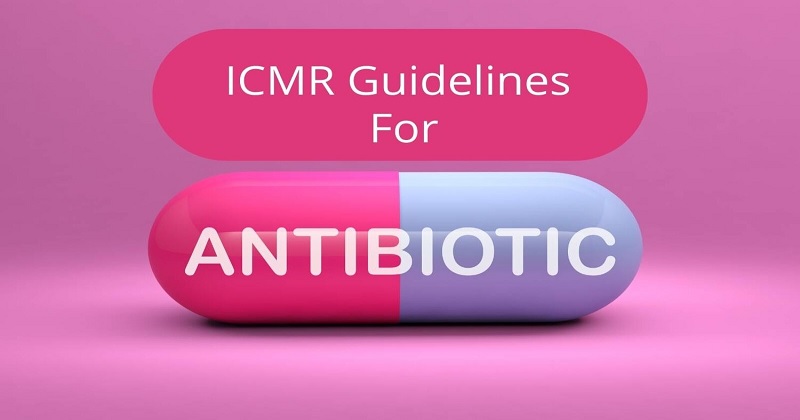
The Indian Council of Medical Research has released recommendations cautioning against the use of antibiotics for ailments like viral bronchitis and low-grade fever. In addition, it has given doctors the go-ahead to prescribe them according to a schedule.
According to the ICMR recommendations, antibiotics should be given for five days for skin and soft tissue infections, five days for pneumonia acquired in the community, and eight days for pneumonia received in a hospital.
Instead of depending solely on fever, procalcitonin levels, WBC counts, cultures, or radiography to determine an infection diagnosis, the guidelines stated that ‘a clinical diagnosis most often helps us predict causative pathogens fitting into a clinical syndrome that would customise the relevant antibiotic.’
It said that only extremely ill individuals should receive empiric antibiotic therapy.
Empiric antibiotic therapy is typically only advised for a small subset of patients who have severe sepsis, septic shock, community-acquired pneumonia, ventilator-associated pneumonia, or necrotizing fasciitis.
Therefore, it’s crucial to start wisely and then concentrate, which means determining whether empiric therapy can be justified or de-escalated before creating a strategy for the length of therapy, says the guidelines.
A large portion of Indian patients who previously benefited from the use of carbapenem, a potent antibiotic commonly used in intensive care units to treat conditions like pneumonia and septicemia, may no longer do so because they have developed anti-microbial resistance to it.

Post Your Comments